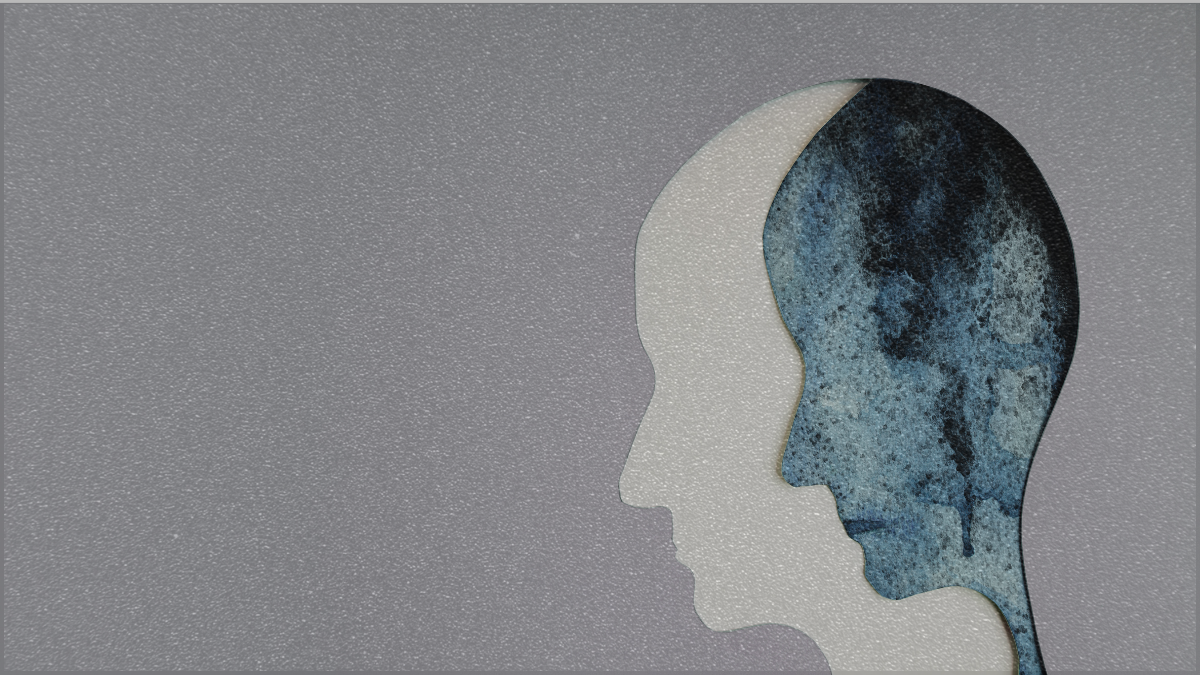Source: Public News Service
In recent years, mental health and wellbeing has become increasingly relevant in discussions around education, both in K-12 and university settings. According to a recent study, roughly 70% of students in bachelor’s degree programs contemplate dropping out of college due to emotional stress.
Alyssa Poteat, a student at William Peace University, told Public News Service she has seen it firsthand. Even after the pandemic, students continue to grapple with heightened stressors.
“Definitely I’ve seen students be under a lot more stress than they were previously, especially from transitioning from high school to college, moving across state, moving away from home,” Poteat continued. “They also take on a lot, like, being involved – so, they are very involved and they’re in a new environment, therefore mental health issues are skyrocketing. And sometimes, it’s hard to find good resources.”
Poteat added that another challenge for students is the inconvenience of scheduling appointments and the absence of their regular health care provider. The study also shows 59% of students consider “stopping out” of college, at least temporarily, for mental health reasons.
William Peace University counseling director, Alicia Wiggins, said the school is addressing the problem by adopting new health options; the school partnered with TimelyCare at the start of this school year, which has helped to expand health resources for students.
“For students who might be hesitant to make appointments, it is good to be able to have a resource where they can walk away with an appointment, or walk away having seen someone or talked to someone, so that starts the process,” Wiggins explained. “And that is usually the hardest part, just starting the process.”
The TimelyCare resource is free for traditional undergraduate students. In addition to TimelyCare, students also have access to health coaching, a peer support community and self-care content from a diverse group of counselors and physicians.





